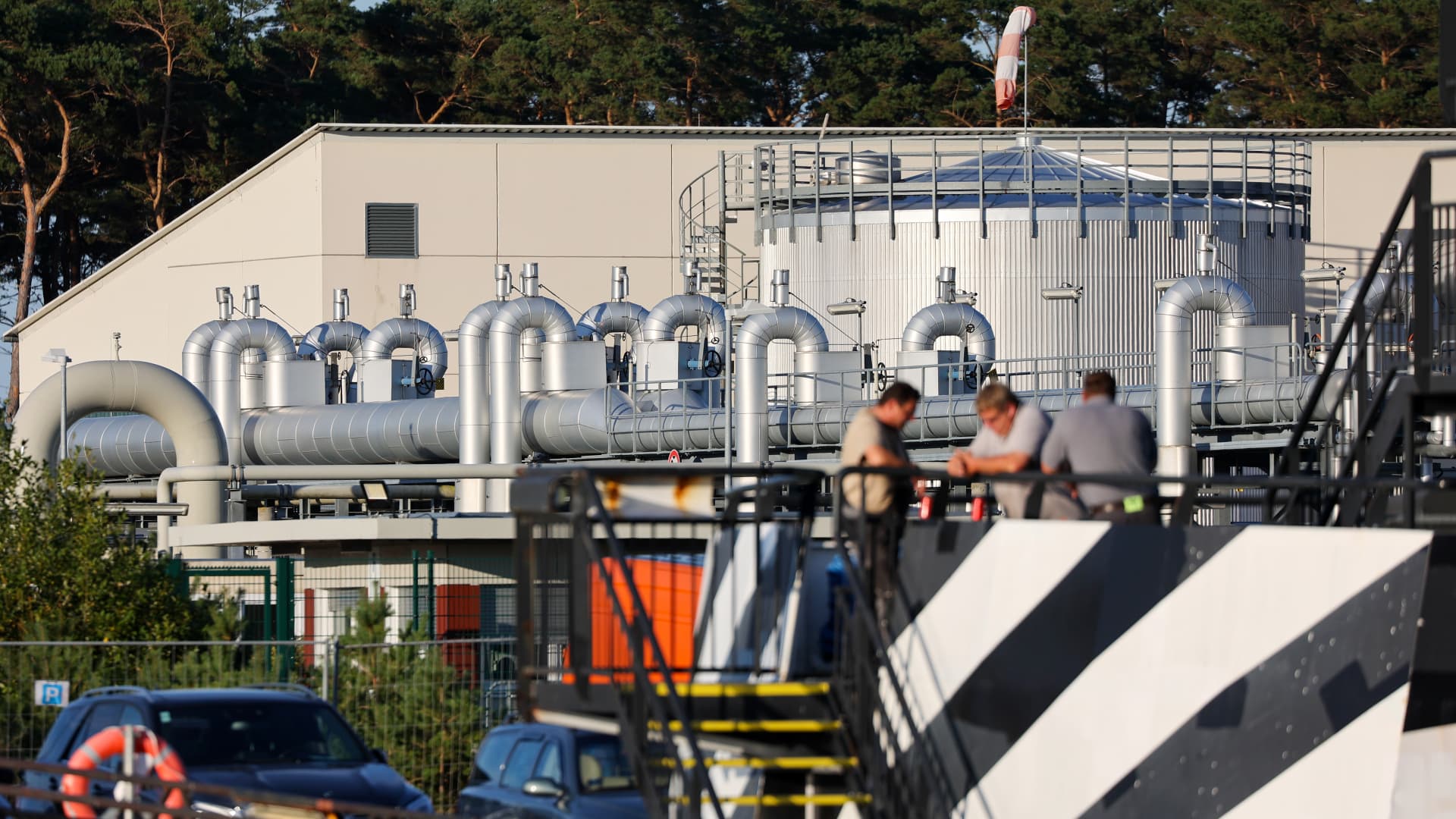Energy
Tuesday, January 23rd, 2024 7:30 pm EDT
Key Points
- Due to diversions of petroleum products and crude tankers away from the Red Sea and Suez Canal, energy prices in Europe are expected to increase. This is caused by Houthi rebel attacks, leading to a “sea change” in commodity purchases by Europe.
- At least six crude tankers are taking a longer route around Africa’s Cape of Good Hope instead of using the Suez Canal, adding up to 45 days to the voyage. European tanker supplies are at high risk of attack, prompting owners of the oil, who are European, to make diversions. Delays in delivering crude, diesel, and LNG products vary based on the commodity being carried.
- The diversions are expected to be a prolonged and painful event but will boost the U.S. and Brazilian energy industries. Tanker owners with longer voyages benefit from increased tanker utilization and higher freight rates. The U.S. is the largest supplier of diesel to the European market, with increased demand despite higher costs. The situation introduces a new reality for Europe, receiving oil with significantly higher freight costs. The tanker diversions are part of a “looming upside risk,” introducing supply latency and potentially impacting Middle-Eastern barrels shipped to Europe.
At least six crude tankers are taking a longer route around Africa’s Cape of Good Hope instead of using the Suez Canal, which adds up to 45 days to the voyage. This diversion is a result of Houthi rebel attacks in the Red Sea, posing a risk to European tanker supplies. The decision for diversions is made by European oil owners, who prefer the longer route to avoid potential risks in the Red Sea amid tensions in the Israel-Hamas conflict. The delays in product delivery, including crude, diesel, and LNG, vary based on the commodity carried. Longer transits are expected to impact tanker availability, potentially leading to increased freight rates. Despite the challenges, this situation benefits tanker owners with longer voyages, leading to higher freight rates. The article suggests that the diversions are likely to be a prolonged event, benefiting the U.S. and Brazilian energy industries as Europeans reshape their purchasing patterns from the Atlantic basin. The U.S., a major diesel supplier to Europe, may see increased demand despite higher costs. The strategic petroleum reserves in Europe provide a 90-day supply, but the new reality involves higher freight costs attached to oil delivery. The article notes that the trend of tanker diversions started with the ENI’s Faithful Warrior and involves various tanker operators and energy companies choosing to avoid the Red Sea and Suez Canal due to recent warnings. The situation introduces supply latency, potentially impacting the shipping of Middle-Eastern barrels to Europe. The article concludes with the assessment of a “looming upside risk” due to longer trips and potential supply disruptions caused by the tanker diversions.
For the full original article on CNBC, please click here: https://www.cnbc.com/2024/01/23/more-tankers-divert-from-red-sea-and-its-another-boost-for-us-oil.html




